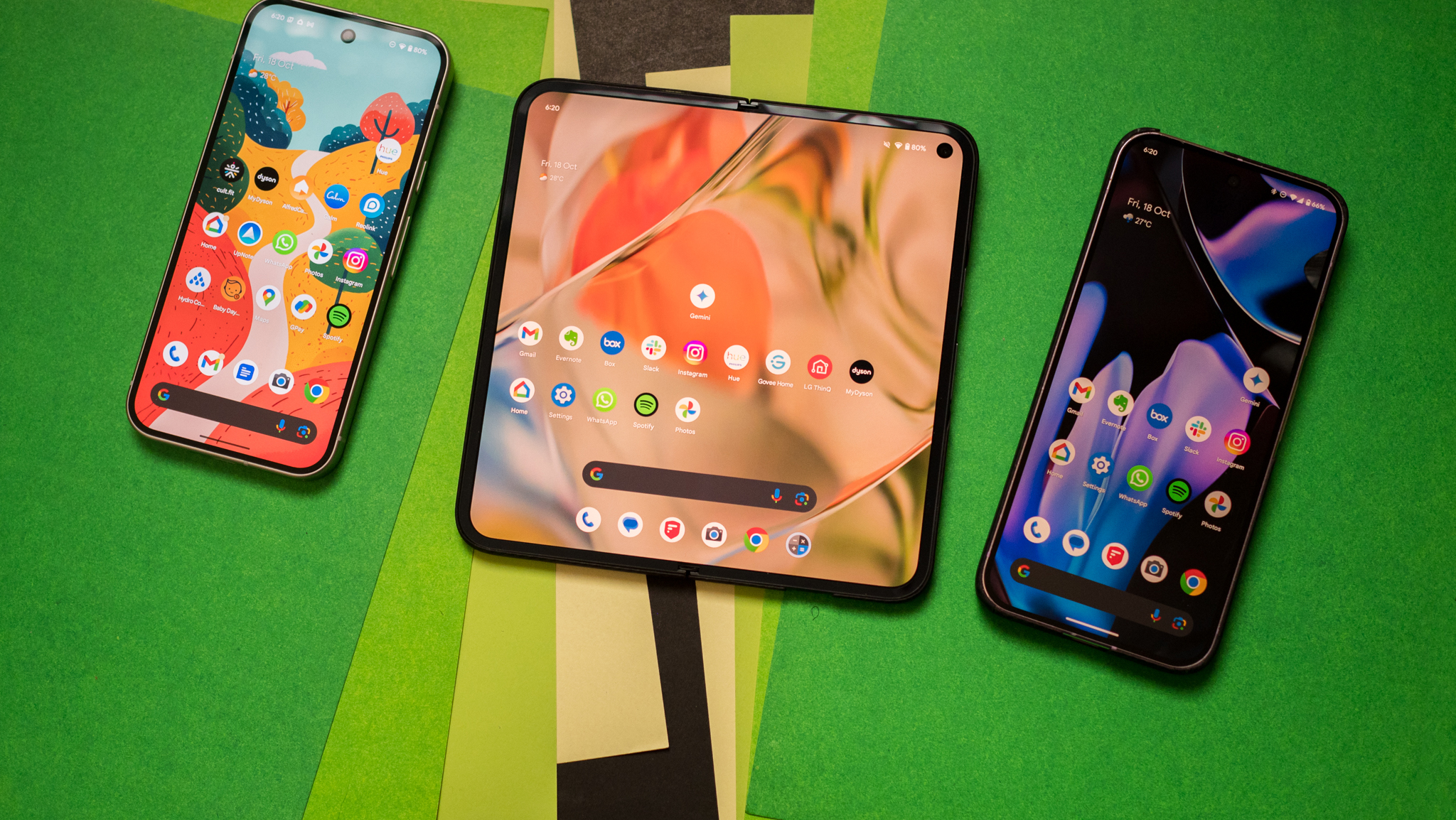Google should look to Microsoft if the Pixel Laptop comes to fruition
I'm not a believer, but I'm keeping an open mind.
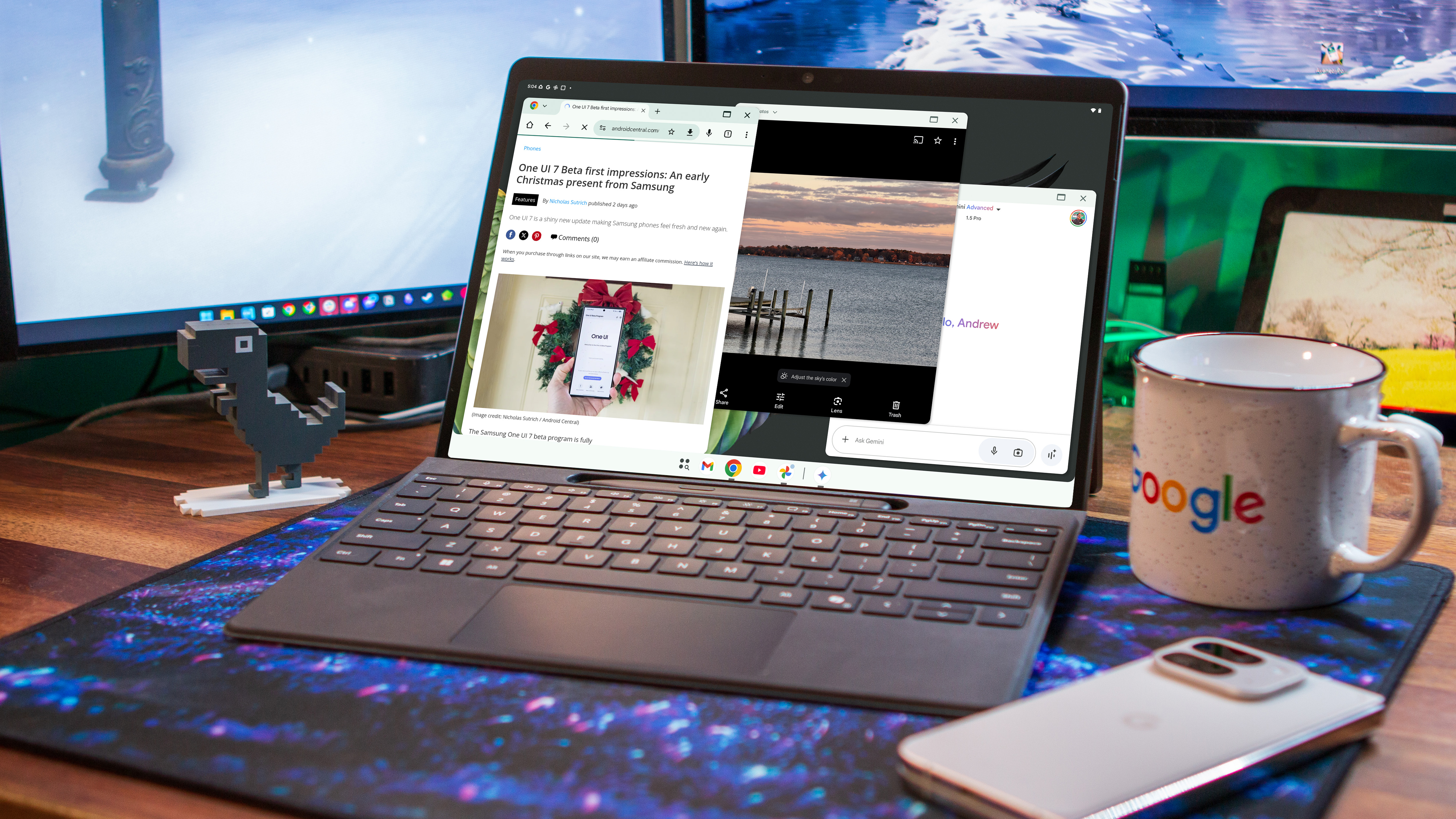

Beyond the Alphabet is a weekly column that focuses on the tech world both inside and out of the confines of Mountain View.
Ever since the rumors began swirling about Google potentially releasing a "Pixel Laptop," I've been skeptical, to say the least. The initial reports came just before other rumors suggested Google decided to cancel its future plans for a Pixel Tablet 2. So, while it might seem as though Google is lining things up to replace the Tablet with an Android-powered laptop, something just didn't sit right.
My skepticism marched into overdrive after some posited that this could be the beginning of Google replacing ChromeOS with Android. I've already explained why I think that would be a bad idea and why Chromebooks are likely here to stay.
However, I recently had a "lightbulb moment" about what I think a Pixel Laptop would look like. Provided that it ever sees the light of day and isn't just a project that will end up going the way of the Pixelbook 2.
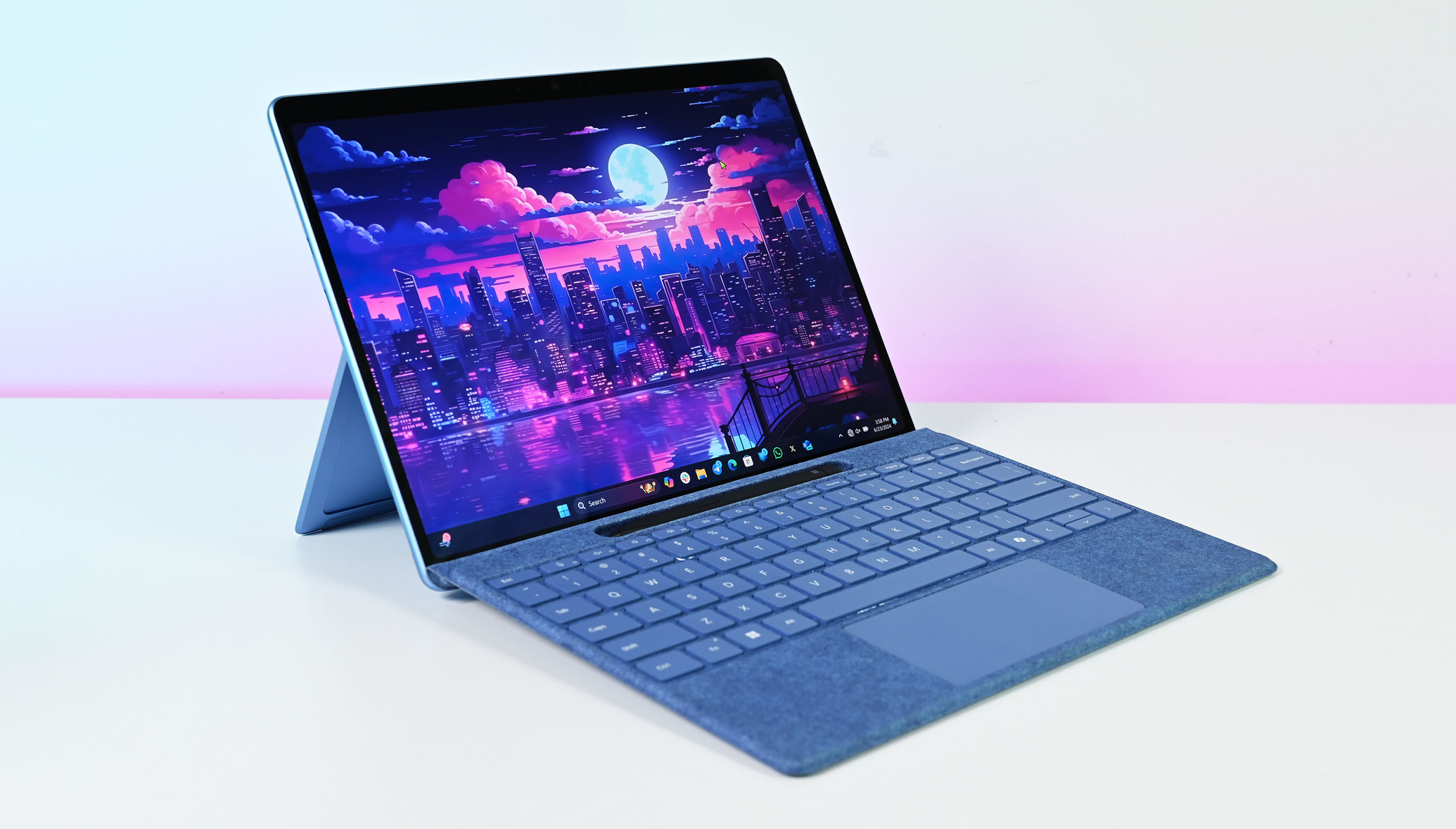
If anything, it's entirely possible that we see something akin to the Microsoft Surface Pro 11. In this imaginary scenario, the Pixel Laptop would be powered by one of Qualcomm's Snapdragon X Elite chips and feature a detachable keyboard.
It might seem odd that I'm suggesting that Google opts for the Snapdragon X Elite as opposed to something like the Tensor G4 successor. But it would honestly make sense, provided that this is a product that Google plans to release future iterations of.
Part of the issues with the Pixel Tablet stems from the awkward release cycle that it was given. First, it was announced in October 2022 before being released in June 2023, and even then, you couldn't just get the Tablet without also getting the Charging Speaker Dock. It wasn't until May 2024 that Google let you ditch the dock, which was great but wasn't the Pixel Tablet announcement we were hoping for.
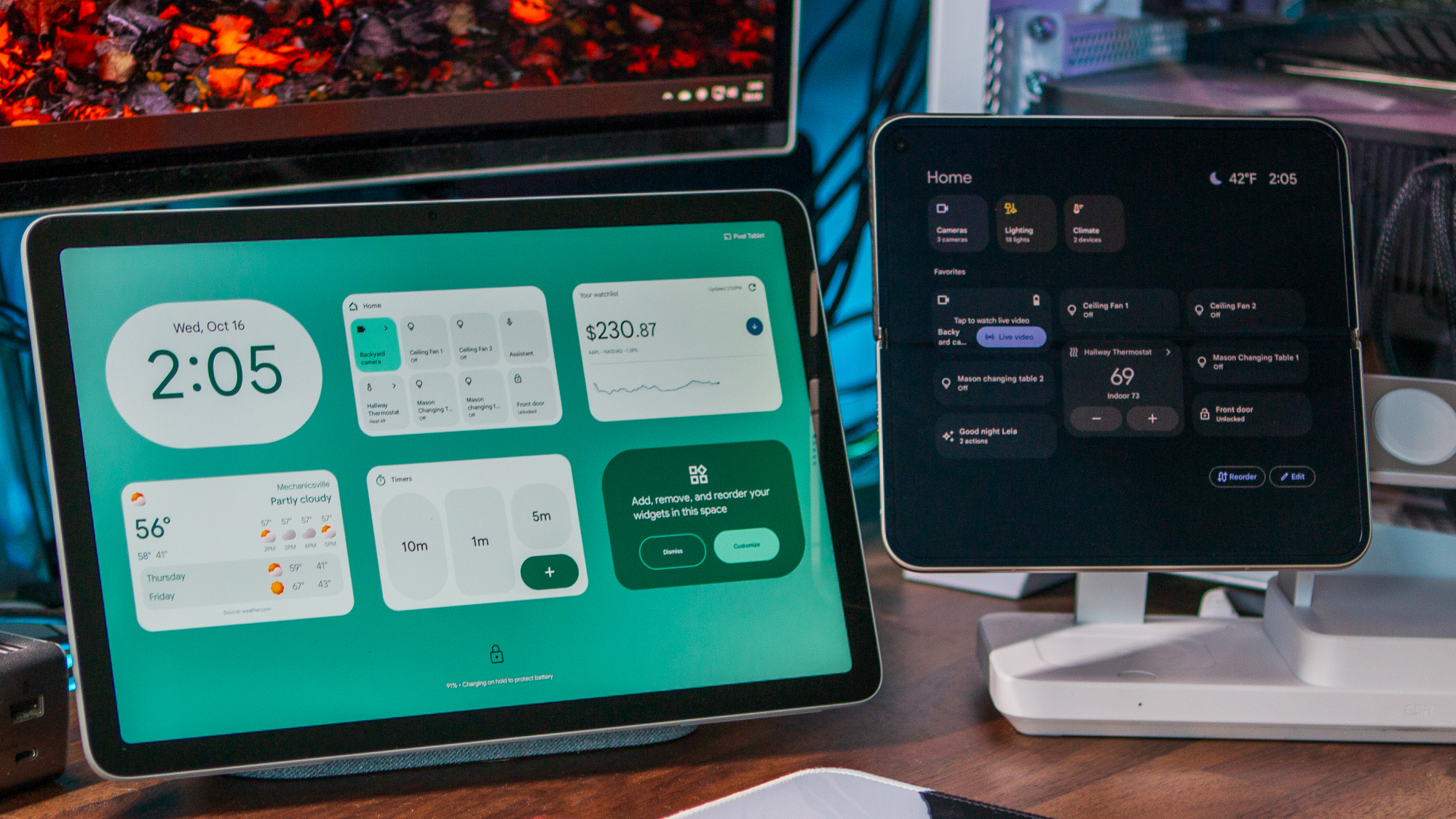
Not to mention that we're now heading into 2025, and no successor has been announced, so we're "stuck" with Google's Tensor G2. For what it is and what it does, the G2 and Pixel Tablet still perform well. However, with the constant push to get Gemini into the hands of as many people as possible, the Pixel Tablet is an obvious Achilles heel.
Be an expert in 5 minutes
Get the latest news from Android Central, your trusted companion in the world of Android
Logically, it would make sense for Google to release an Android-powered Pixel Laptop with the next Tensor SoC. But, I think the Snapdragon X Elite would be better positioned for longevity as it seems to be just what the doctor ordered for Windows on Arm devices.
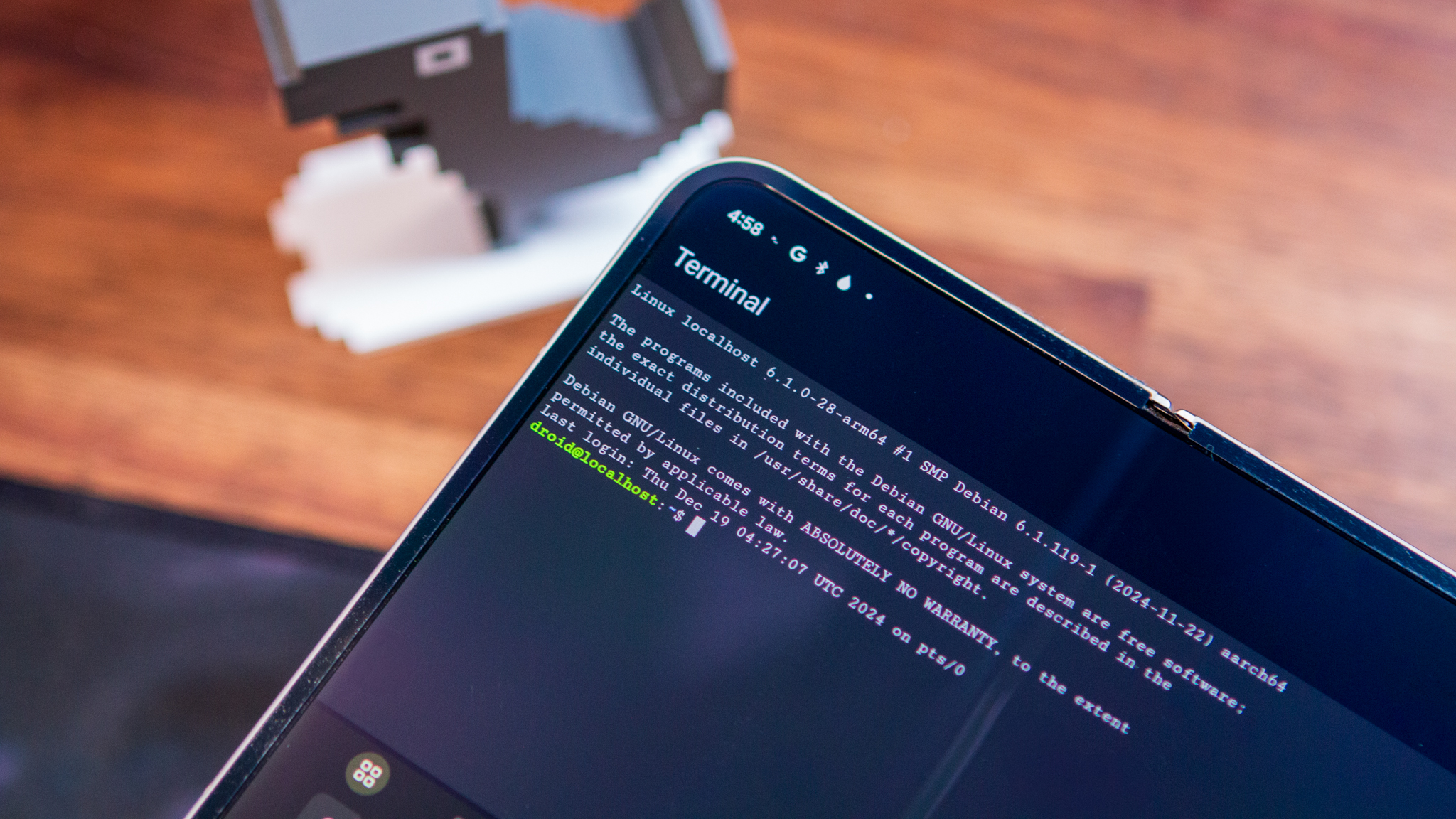
All of the building blocks for Google to make such a move are already there, and various improvements are continuing to be made to Android. Just recently, a dedicated Linux Terminal app was added with Android 15 QPR2 Beta 2, which is also available in the latest Android 16 Developer Preview.
This is a rather important piece of the puzzle, as I believe Google will eventually make it operate similarly to Linux on a Chromebook. With the Terminal app, you would be able to download and install compatible Linux apps, just like you can with ChromeOS.
And while the Terminal app is enabled out of the box with the aforementioned beta software, I highly doubt this would be the case with the final release. It's more likely to be hidden behind Developer Options, similar to how it's kind of buried in the Settings app for Chromebooks.
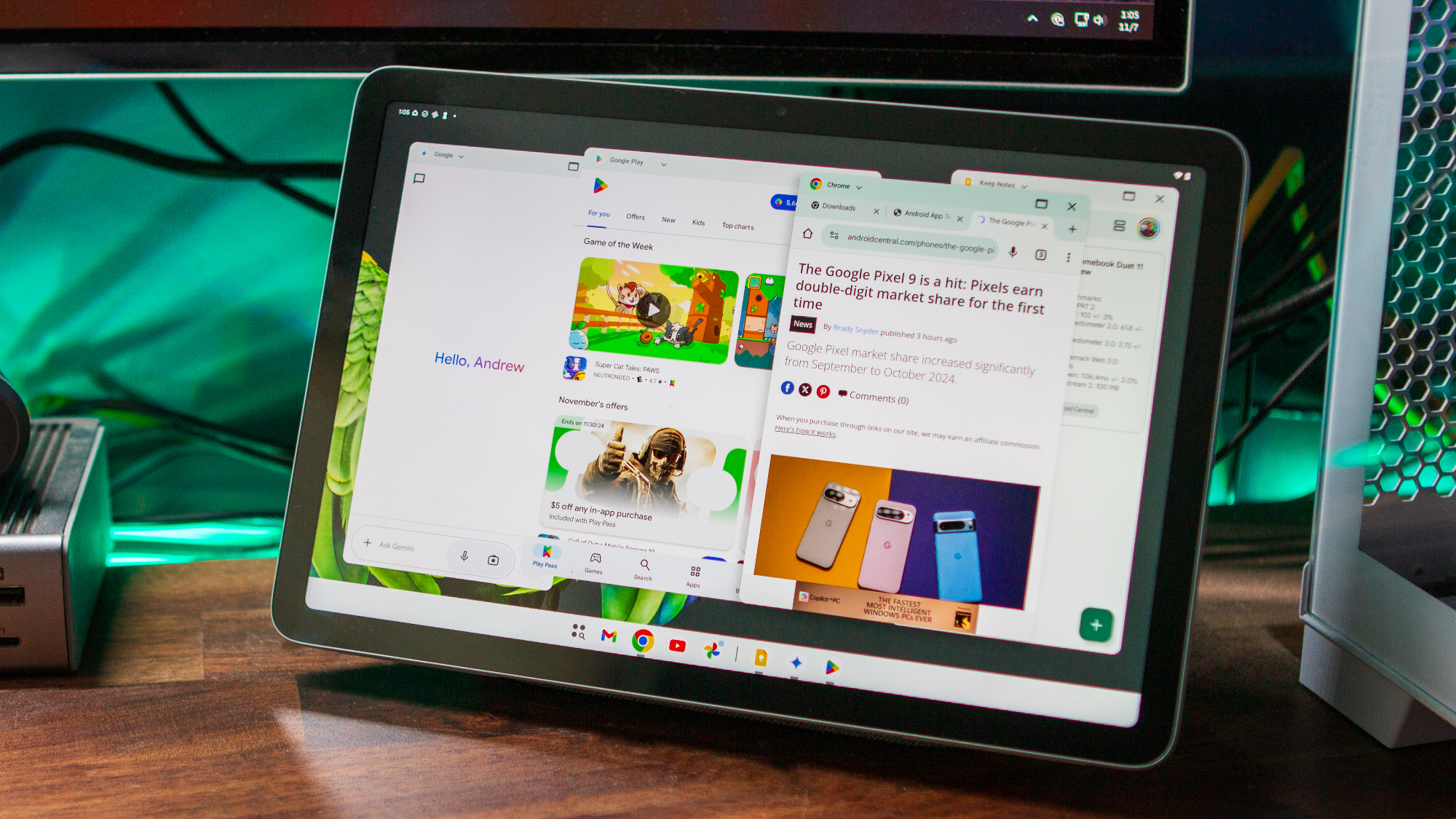
When it comes to how we would interact with the Pixel Laptop, I think we see a different, yet familiar approach. Instead of relying on the Android interface that we have now, it would ship with Google's Desktop Mode as the default "launcher." When detached, it would revert back to the traditional Pixel Launcher, and would hopefully offer a way to switch back and forth. It's not like this is anything new, even from Google.
Samsung DeX presents the same kind of approach, but in reverse. Meaning that you start out with Android and then can switch to the desktop-like experience either when attaching a keyboard or tapping a Quick Settings toggle.
ChromeOS tablets like the Lenovo Chromebook Duet 11 operate in a similar fashion. When the keyboard is connected, you have the same interface found on any other Chromebook that you pick up. Remove the keyboard, and you're relegated to the App Launcher, with no proper "desktop" to speak of.
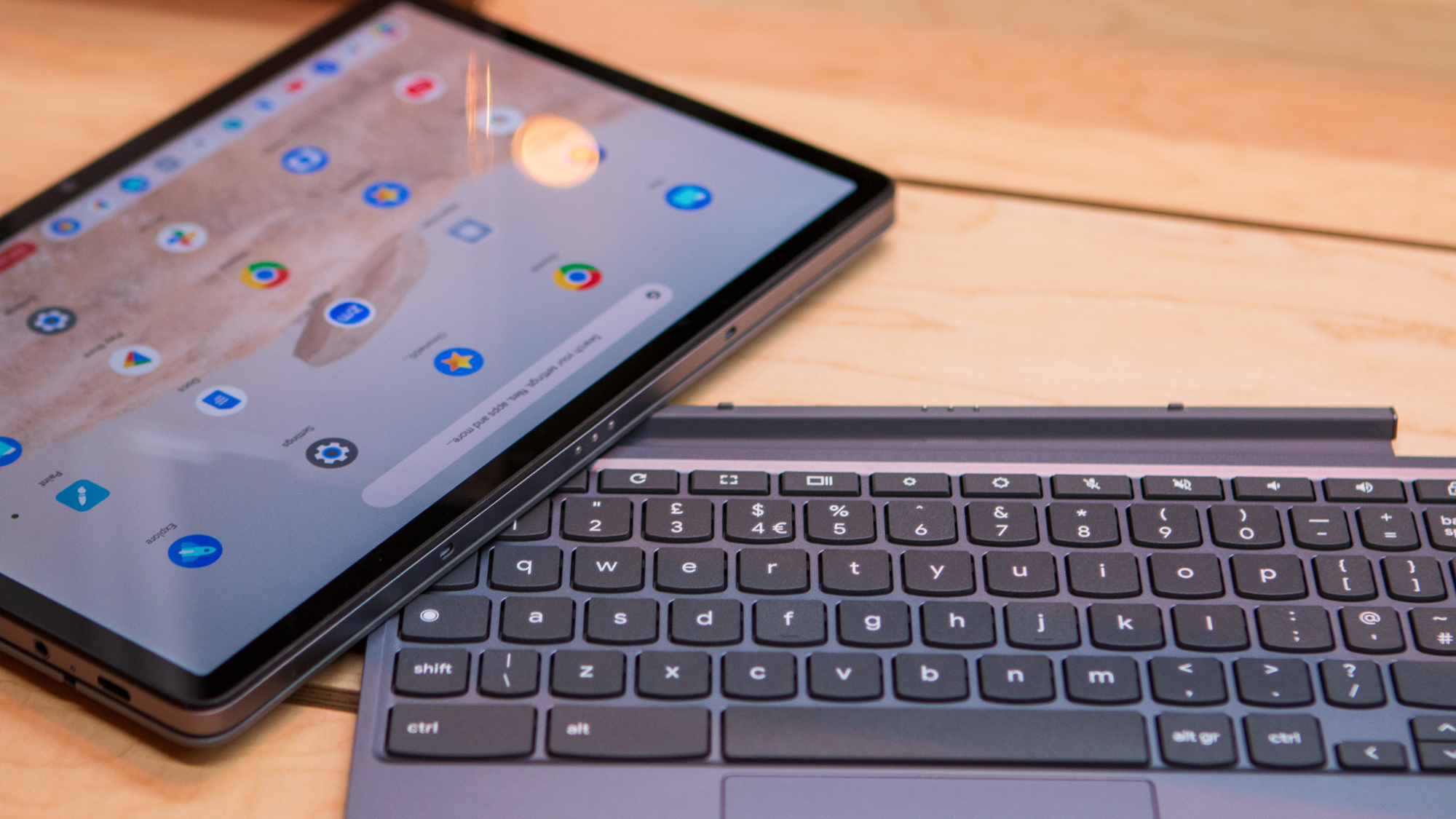
With ChromeOS, it's not the most ideal or enjoyable situation, but with Android at the helm, it's no different than what we already have. There would be the question of whether we would be able to still use Desktop Mode or floating app windows when detached, or if Google would try to keep the different UI experiences separate.
Part of the reason why I think that this Pixel Laptop might be real is, again, thanks to leaks and rumors. Google has been reportedly working on a first-party keyboard and stylus since the original Pixel Tablet was released.
Here we are more than two years later, and nothing of the sort has been announced. At the same time, we continue to see rumors and leaks suggesting that Google is working on those accessories, and that's even after the Pixel Tablet 2 cancellation rumors surfaced.
So why would Google cancel the Pixel Tablet 2 just to continue investing time and money into the development of accessories? Who knows? I guess there's at least a little bit of fire where the smoke is, but still not enough for me to be fully convinced.

Andrew Myrick is a Senior Editor at Android Central. He enjoys everything to do with technology, including tablets, smartphones, and everything in between. Perhaps his favorite past-time is collecting different headphones, even if they all end up in the same drawer.
You must confirm your public display name before commenting
Please logout and then login again, you will then be prompted to enter your display name.
